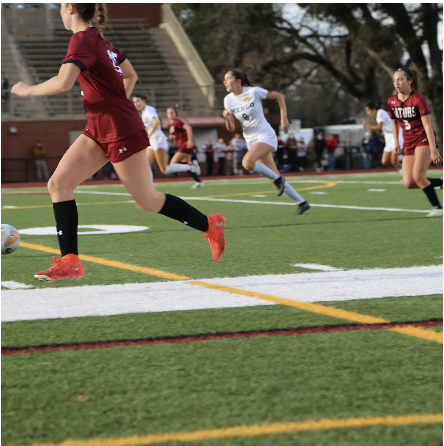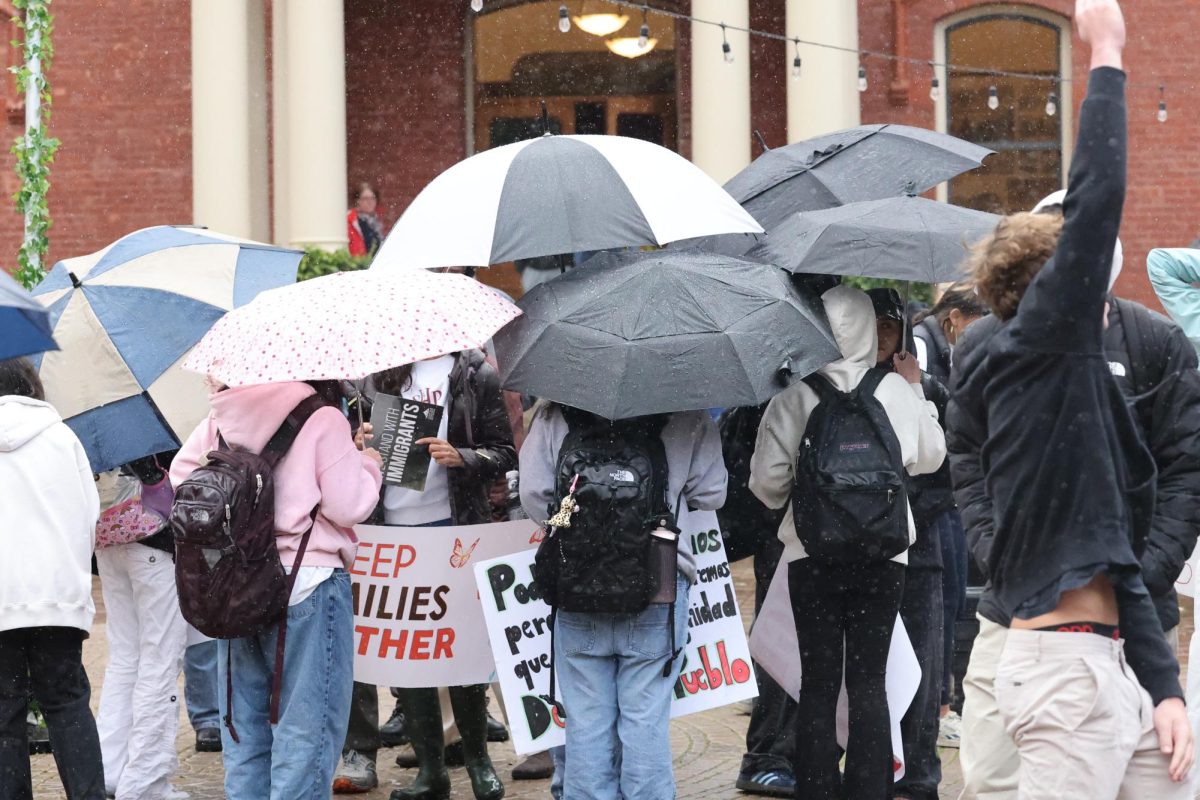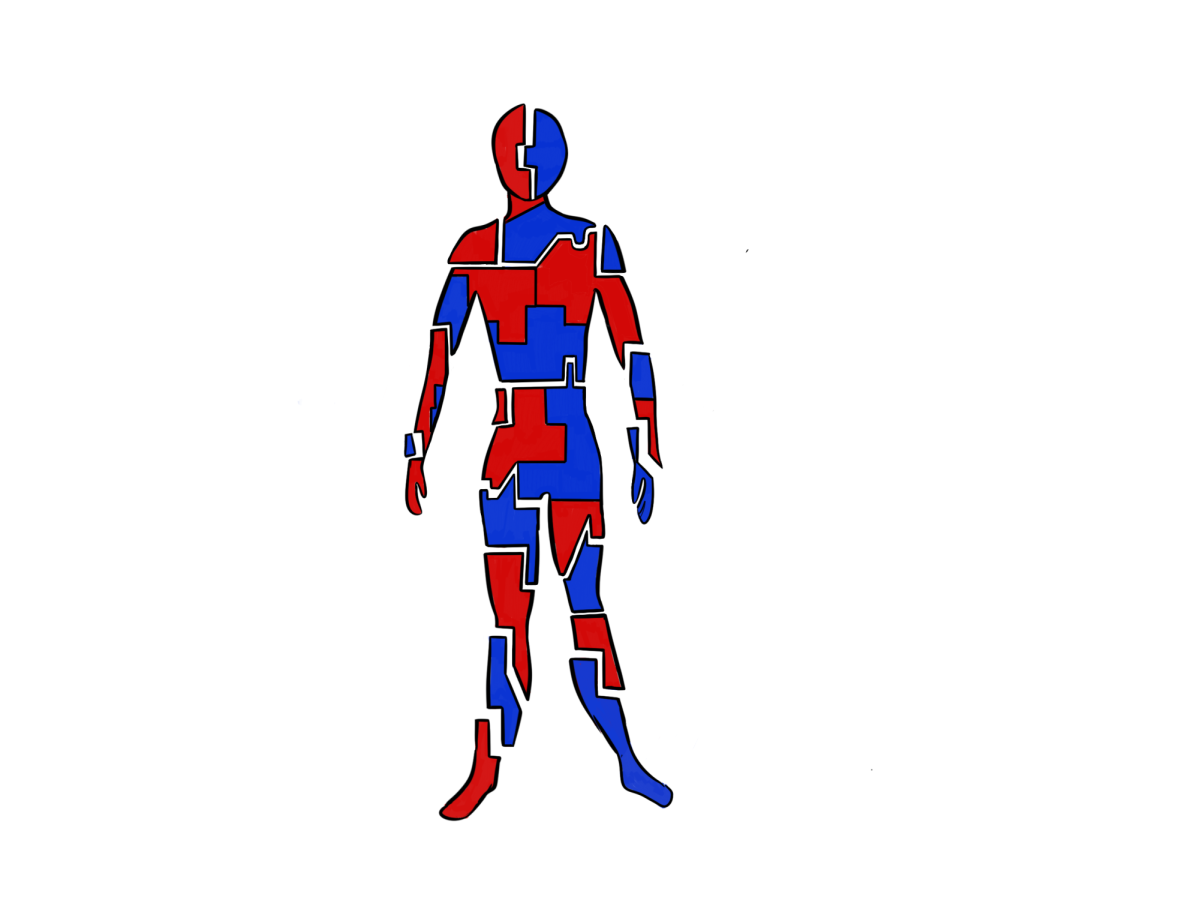Not much is agreed upon in American politics, but the bipartisan truth is that America is politically polarized. The Carnegie Endowment for International Peace 2023 has found that ideological polarization is not as severe as we perceive it be, though social and emotional polarization is loud, rampant, and the bulk of what daily politics has become. So, in loud, rampant environments such as high school, the free expression of political views as they relate to ideology is critical to the formation and longevity of a productive civil society among the youth.
Is it important to note that expression and imposition are different. Teachers should express their political views, not impose them on their students. Expression incites conversation and growth. Imposition creates monologue and dissonance. It is equally important to recognize that teachers should express their political views as they relate to ideology, not on the generalized culture of political parties or emotionally-charged comments on political personalities. Teachers, with their authority in the classroom, have the ability to neutralize social polarization among youth by providing perspective on ideological and policy-driven views. Expression of political views in this definition is not only tolerable, but healthy to a politically active school.
A study by Tuft University’s CIRCLE, found that “youth are interested in political action… but some don’t feel qualified to participate,” others feel politics is broken, and many find it inaccessible. However, the same youth seem to believe their generation has the power to make a difference in politics. So, how can we ignite this potential? As with most cases, through teachers. Having an accessible and respected adult, such as a teacher, reach out and invite students into political conversation makes politics vicariously accessible to students. Additionally, the act of sharing a personal opinion transforms politics and government into something more than its typical context in schools — regularly present only through tests, memorization, and timelines. It becomes intimate, personal, and tangible. Through dialogue and authenticity of opinion, rather than lecture and data on politics, students can feel greater connection to the government they wish to transform, inciting them to contribute to a necessary bloc of youth voters.
Furthermore, homogeneity limits challenges. And, unfortunately, challenges, especially in politics, are inevitable. Therefore, students should be equipped with the tools to encounter, respect, and respond to a variety of political views both inside and outside of the classroom, especially before entering college. If opinions are not shared, students will unknowingly be conditioned by the bias of their surroundings, whether that be their school or geographical region, and face little opposition to those biases. Accordingly, it can be powerful for teachers to express their views and why they hold them, so that students can consider such themselves. Assuming high school students have achieved a minimum level of maturity in which they can formulate their own thoughts and distinguish fact from opinion, it is important for students to hear from adults and teachers in their life, so that they may continue through education and the professional realm with skepticism and discernment.
In summary, by expressing their political views, teachers recognize the student as an individual with views of their own to express, thus increasing their efficacy. In expressing their political views, teachers create an environment of growth where students learn how to carry themselves as individuals in an increasingly politicized world. This dynamic would not solely benefit students’ political participation, but teachers’ individuality and a school’s constructive growth. When students are receptive to teachers’ expressions of their political views, they validate them as individuals with unique personalities, not simply institutional plants that are obligated to give them homework. Only from a place where both the student and the teacher are acknowledged as individuals can a valuable relationship grow. Healthy and comfortable student-teacher connections translate into greater learning by the student and greater retention of the teacher, ultimately strengthening the entire school environment.
Teachers Should Express Political Views at School
Helen Nguyen ‘25, Staff Writer
•
November 10, 2024
0
More to Discover









